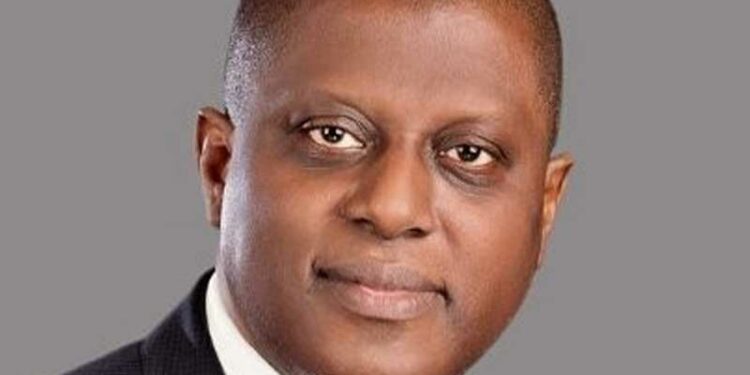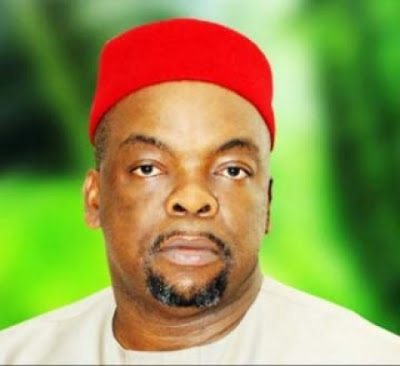ABUJA—The Governor of the Central Bank of Nigeria (CBN), Mr. Olayemi Cardoso has reiterated the Bank’s commitment to developing the next generation of leaders in the financial and social sciences sectors. He has also emphasised the necessity of addressing the scarcity of skilled professionals in finance-related fields in Nigerian universities.
Mr. Cardoso stated this recently during a strategic engagement with the President and Chairman of the Governing Council of the Nigerian Economic Society (NES), Professor Adeola Adenikinju, who led a team of NES officials and the Nigerian Economics Students Association (NESA), at the CBN Head Office in Abuja.
Underscoring his belief in the collective effort needed for youth development, he stressed that special consideration should be given to creating opportunities for youths and providing them with tools to thrive in their respective sectors and make them globally competitive.
According to him, the meeting, which he considered a demand-driven conversation, had set the stage for a robust pipeline of talents that will drive Nigeria’s Financial System Strategy.
Following presentations by members of NES and NESA on research topics, recommendations, and ongoing activities that could assist the CBN in achieving its
mandate, Governor Cardoso emphasised the need for organising mentorship collaboration with NES and NESA to enable both associations to achieve their set
objectives.
Furthermore, the Governor noted the importance of communication, stating the need to simplify dense and heavy economic concepts, which had always been challenging when communicating monetary policy. He noted the place of the young economists in demystifying the subject and giving it a better perspective.
While reaffirming the CBN’s readiness to work with NES and NESA and encourage significant female representation, Cardoso expressed optimism that the collaboration with the groups marked an essential step towards building a resilient and inclusive financial sector that thrives on talent, innovation, and diversity.
This sentiment, he noted, should instil hope in the sector’s future.
In his remarks, the President and Chairman of the Governing Council, Nigerian Economic Society (NES), Professor Adeola Adenikinju, highlighted areas of concern for the team and the need for collaboration with the CBN. While noting that the association had the largest number of economists who could transfer such knowledge, he cited a gap around mentorship programmes. According to him, other areas include research support, internship opportunities, workshops/conferences and leveraging social media in communication.
Also speaking, the National President of the Nigerian Economics Students Association (NESA), Comrade Bakre Israel Boluwatife, expressed gratitude to the CBN Governor for the opportunity for the engagement. He said NESA looked forward to contributing to the body of research in inflation and money supply.




